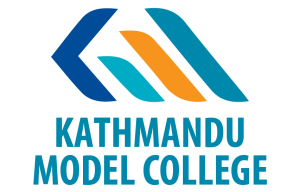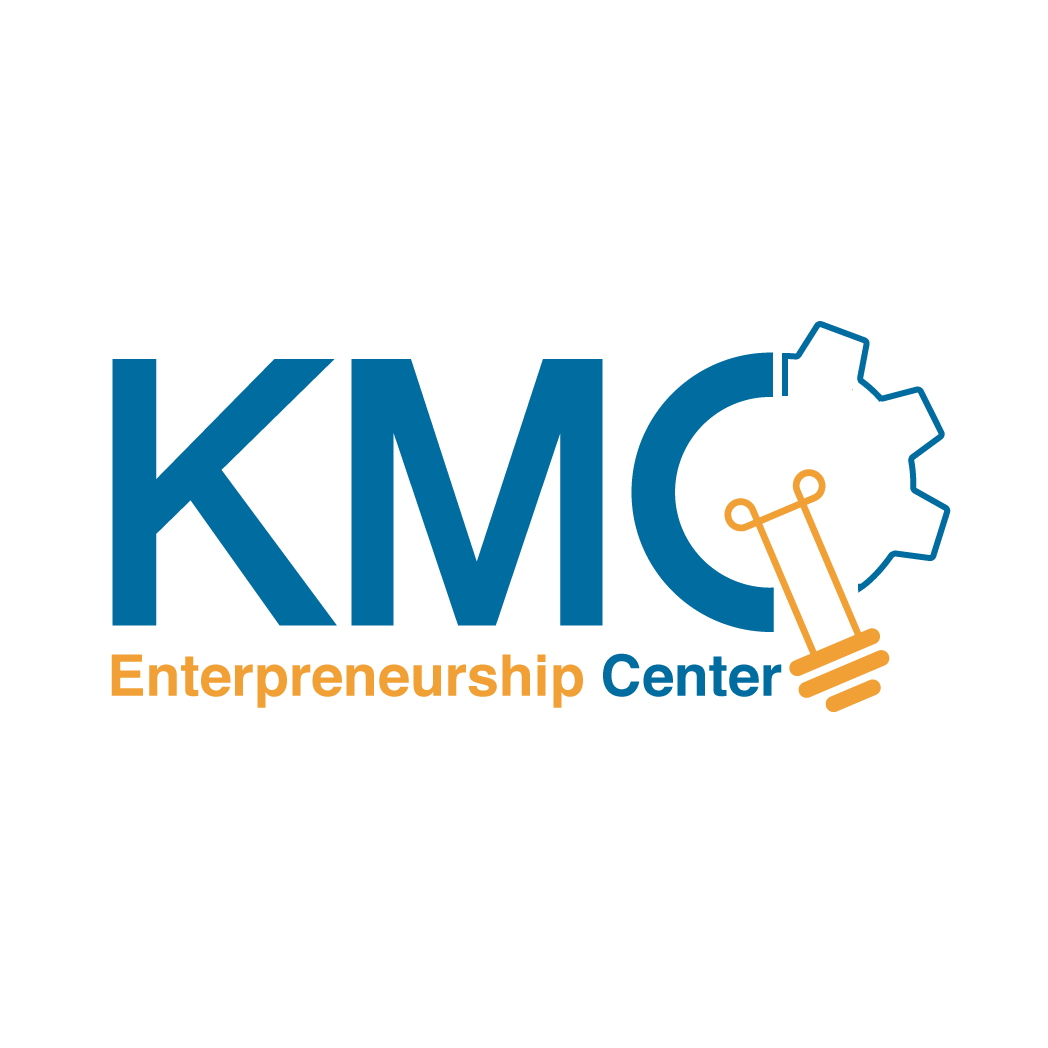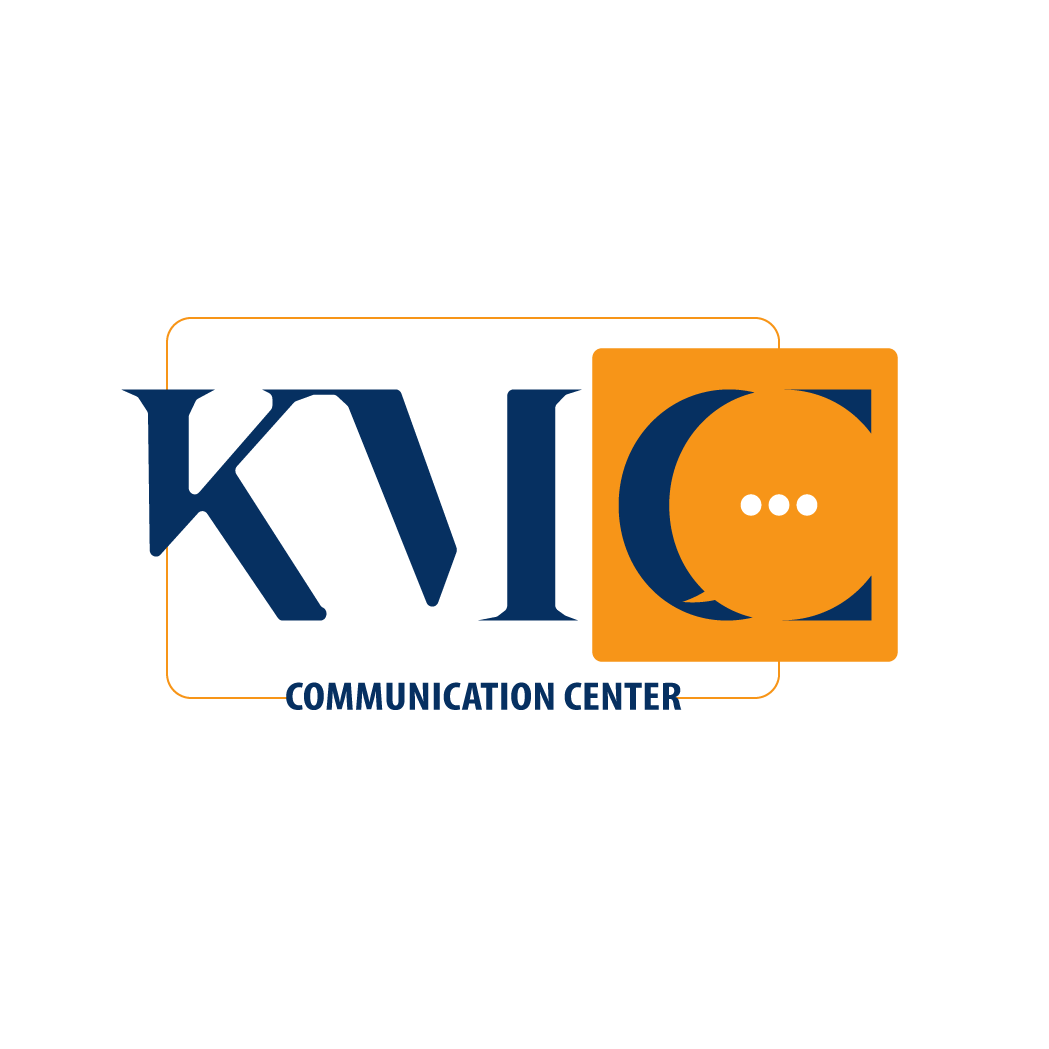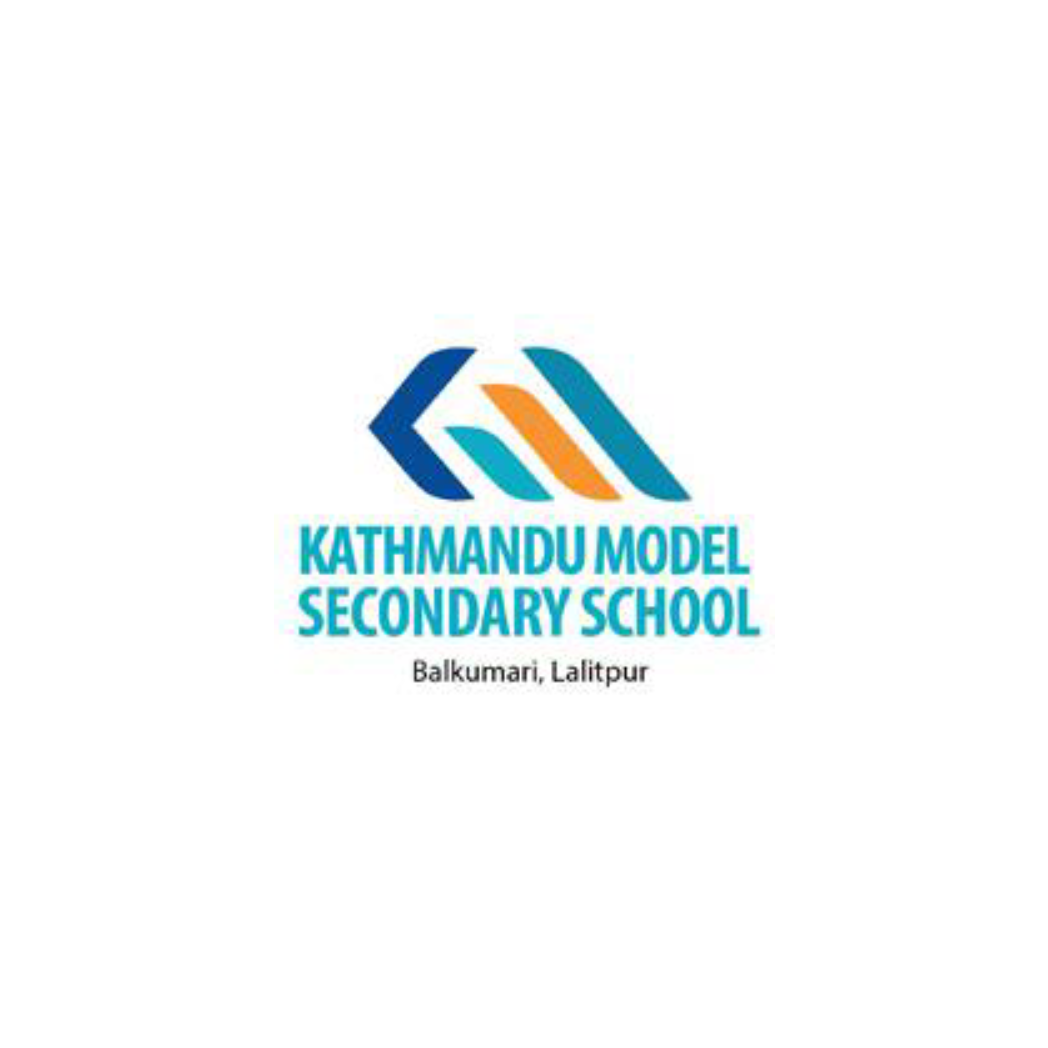
Understanding BBA Admission: How to Apply and What's Required
KMC College in Nepal offers a Bachelor of Business Administration (BBA) program that provides a comprehensive education in various business management aspects. The program is industry-relevant, offering practical insights into contemporary business challenges through case studies, projects, and real-world simulations.
It also emphasizes experiential learning through internships, industry visits, and guest lectures by industry experts. The program also focuses on developing soft skills such as communication, teamwork, leadership, and critical thinking.

Graduates can pursue roles in marketing, finance, human resources, operations, consulting, and entrepreneurship. The program provides a solid foundation in business management, preparing graduates to excel in corporate and entrepreneurial endeavors.
The BBA program serves as a stepping stone for further education, including pursuing advanced degrees like Master of Business Administration or specialized master’s programs in specific business disciplines.
Overview BBA Admission Programs
Importance of Bachelor of Business Administration (BBA) in Nepal
The Bachelor of Business Administration (BBA) is of significant importance in Nepal for its contribution to the country’s economic development, professional growth, and societal progress.
1. Meeting Industry Demand
Nepal’s BBA programs equip graduates with essential skills for the country’s growing economy. These programs cover financial management, marketing, human resource management, operations management, strategic planning, and entrepreneurship.
They are updated with industry trends and offer experiential learning through internships, industry projects, and case studies. Industry collaborations facilitate knowledge exchange and recruitment opportunities. BBA programs also focus on entrepreneurial skills and mindset development.
2. Preparation for Entrepreneurship
Nepal’s Bachelor of Business Administration (BBA) programs provide a solid foundation in business management, entrepreneurship, and small business management. They offer tailored courses, case studies, mentorship, and access to resources like business incubators, entrepreneurship centers, funding opportunities, and networking events.
BBA programs also emphasize innovation, creativity, risk management, and ethical practices, equipping graduates with the knowledge, skills, and resources to launch and manage successful ventures.
3. Professional Growth
Nepal’s Bachelor of Business Administration (BBA) program provides a comprehensive education in various business management areas, including finance, marketing, human resources, operations, and strategic management. Graduates can pursue entry-level managerial positions or specialize in advanced degrees like MBA.
The curriculum is industry-relevant, updated regularly, and includes practical skills and soft skills. Networking opportunities, career development services, and leadership opportunities are also available. BBA graduates are well-equipped for successful careers in Nepal and beyond.
4. Global Perspective
Nepal’s BBA programs offer students a global perspective, preparing them for a globalized economy. The programs cover international business concepts, trends, and best practices, with faculty expertise and diversity.
Study abroad opportunities enhance cross-cultural communication skills. Programs also offer international internships, projects, and language proficiency. Cross-cultural competence is developed through multicultural team projects, case studies, and simulations. Alumni networks provide mentorship, job placements, and career opportunities in international markets.
Scope of Bachelor of Business Administration (BBA) in Nepal
BBA graduates can pursue careers in marketing, finance, HR, operations, and more, preparing them for advanced studies and diverse industries like banking, insurance, retail, hospitality, and IT.
1. Job Opportunities
BBA graduates in Nepal have a wide range of job opportunities across various industries, including marketing executives, financial analysts, human resource managers, operations managers, business development executives, entrepreneurs, consultants, banking and finance, supply chain and logistics management, and retail management.
These graduates possess a diverse skill set and knowledge base, making them well-suited for entry-level managerial roles and positions requiring business acumen. They can develop and implement marketing strategies, analyze consumer behavior, manage advertising campaigns, and work as financial analysts or managers.
They can also work as HR specialists, operations managers, business development executives, entrepreneurs, consultants, banking and finance professionals, supply chain and logistics managers, and retail management positions.
2. Further Education
BBA degrees serve as a foundation for advanced studies, such as the Master of Business Administration (MBA) or specialized master’s programs in various business disciplines. Graduates can pursue MBAs, which offer advanced coursework in areas like leadership, strategic management, finance, marketing, and entrepreneurship.
They can also pursue professional certifications like Chartered Financial Analyst, Certified Public Accountant, Project Management Professional, or Certified Human Resources Professional. Ph.D. programs provide rigorous training in research methodologies and theoretical frameworks.
Executive education programs, such as executive MBA or executive development programs, are designed for mid-career professionals. Entrepreneurship programs provide mentorship, funding, networking opportunities, and support for aspiring entrepreneurs. Online learning platforms offer courses, certificates, or micro-credentials for BBA graduates.
3. Industry Diversity
BBA graduates can find employment in various sectors, including banking, finance, retail, hospitality, consultancy, and IT. They can work in banking institutions, investment firms, insurance companies, or financial consulting firms, managing financial transactions and providing financial advice.
They can also work in retail and e-commerce, hospitality and tourism, IT and software, manufacturing and supply chain management, healthcare management, consulting and advisory services, government and nonprofit organizations, real estate and property management, and entertainment and media.
The versatility of business management skills acquired through the BBA program allows graduates to adapt to different industries, roles, and challenges in the dynamic global business environment. Overall, the BBA degree offers graduates diverse opportunities to pursue careers aligned with their interests and career goals.
Requirements for Bachelor of Business Administration (BBA) in Nepal
The Bachelor of Business Administration (BBA) requirements in Nepal include completing higher secondary education with a minimum GPA, passing an entrance examination, and having English proficiency. Applicants must submit academic transcripts, application forms, and other required documents, and may be called for an interview.
1. Educational Qualifications:
The Bachelor of Business Administration (BBA) program in Nepal requires candidates to have completed their higher secondary education (10+2) with a minimum GPA or percentage set by the college or university.
Some colleges may have additional requirements, such as specific subjects studied at the higher secondary level. Prospective students should check the specific criteria outlined by the college or university offering the BBA program.
2 Entrance Examination
BBA entrance exams are required by some Nepali colleges and universities to assess students’ aptitude for business studies. These exams typically assess students’ skills in areas like mathematics, English language, general knowledge, and logical reasoning.
They can be conducted in written or computer-based formats, and can range from a few hours to a full day. Candidates’ rankings are determined by total scores, with some institutions considering academic performance and extracurricular activities.
3. English Proficiency
English proficiency is often required for admission to BBA programs in Nepal, especially if delivered in English. This includes standardized tests like IELTS or TOEFL, minimum scores set by institutions, and alternative demonstrations like completing a language proficiency course or studying in an English-medium institution. Prospective students should check the specific English proficiency requirements before applying.
4. Application Process
The application process for BBA programs in Nepal involves obtaining application forms from the college or university offering the program, completing them accurately, submitting supporting documents like academic transcripts, certificates, identification proof, and English proficiency proof, paying an application fee, and ensuring they are submitted before the specified deadline. It is crucial for applicants to carefully read and follow the instructions provided by the college or university to ensure a successful application.
5.Interview
The interview process for BBA programs in Nepal involves assessing candidates’ suitability, communication skills, motivation, and potential for success. It may be conducted in-person, over the phone, or via video conferencing, and may be conducted by faculty members, admissions committee members, or individual interviewers.
Questions may cover academic background, career goals, extracurricular activities, and personal interests. Prospective students should prepare by reviewing academic achievements, career aspirations, and practicing responses.
The application process includes fulfilling educational qualifications, taking an entrance examination, demonstrating English proficiency, completing application forms, and participating in the interview.
Studying BBA at KMC College
KMC College offers a Bachelor of Business Administration (BBA) program that prepares students for successful careers in business management.
The program covers core business disciplines like finance, marketing, human resources, operations, and strategic management, providing students with a strong theoretical foundation and practical applications through case studies, projects, and internships.
The college has experienced faculty members who bring a wealth of academic knowledge and practical industry experience to the classroom. The school provides state-of-the-art facilities, including well-equipped classrooms, computer labs, library resources, multimedia facilities, and access to online databases and academic journals.
Experiential learning opportunities include internships, industry visits, and practical projects. KMC College also cultivates industry partnerships to enhance students’ learning experiences and facilitate career opportunities. The school fosters a supportive learning environment, offering personalized attention and guidance to students.
Career services include resume writing workshops, mock interviews, career counseling, and networking opportunities. Continuous assessment and feedback are employed to evaluate student progress. Extracurricular activities and the alumni network provide ongoing support and opportunities for career advancement.
Conclusion
In conclusion, KMC College in Nepal offers a comprehensive Bachelor of Business Administration (BBA) program, attracting students with a passion for business management. The admission process is thorough and transparent, requiring applicants to meet certain educational qualifications and demonstrate proficiency in English. The college requires applicants to complete an application form, submit required documents, and pass an entrance examination covering subjects like mathematics, English, and general aptitude.
Shortlisted candidates may also be invited for a personal interview to assess their motivation and suitability for the program. By adhering to the application requirements and actively participating in the admission process, students can embark on a rewarding educational journey at KMC College, where they will receive top-notch instruction, experiential learning opportunities, and personalized support.
FAQs for BBA in Nepal
Applicants are typically required to have completed their higher secondary education (10+2) or its equivalent from a recognized board or institution with a satisfactory academic record.
Required documents may include academic transcripts, certificates, identification proof (such as citizenship certificate or passport), recent photographs, and any additional documents specified by the college.
KMC College may conduct an entrance examination to assess applicants’ aptitude and readiness for the BBA program. The examination may cover subjects such as mathematics, English, and general aptitude.
Proficiency in the English language is essential as the medium of instruction for the BBA program at KMC College is predominantly English. Applicants may need to demonstrate their English language proficiency through standardized tests such as IELTS or TOEFL, or through the college’s own assessment process.
The personal interview provides an opportunity for the college authorities to assess applicants’ motivation, communication skills, and suitability for the BBA program. It may involve questions about your academic background, career goals, interests, and experiences.
KMC College offers various support services to prospective students, including guidance on the application process, information sessions, campus tours, and assistance with financial aid or scholarship applications. Prospective students can reach out to the college’s admissions office for personalized support and assistance throughout the application process.








































